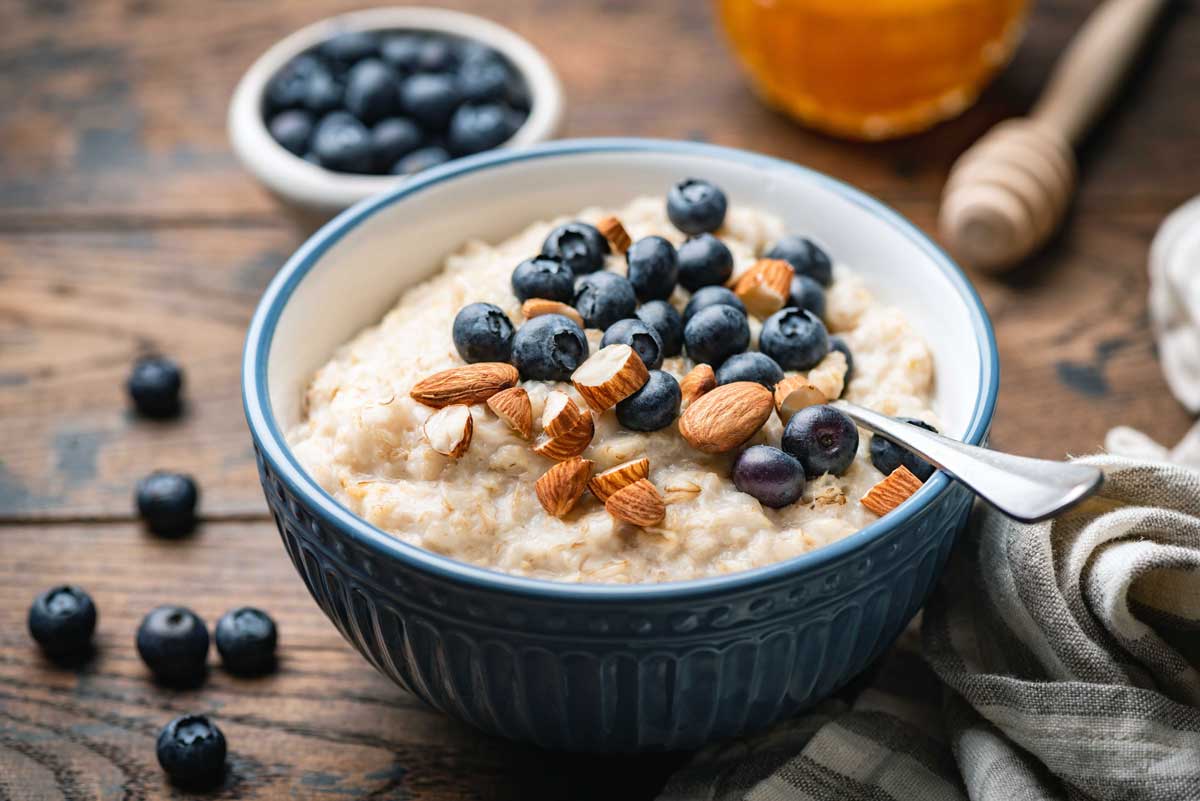
Diabetes is a complex condition, but a diagnosis doesn't mean you have to be defined by it. While modern medicine provides essential tools for management, a holistic approach that incorporates natural, evidence-backed lifestyle changes can be a powerful ally in reducing blood sugar levels, improving insulin sensitivity, and enhancing overall well-being. By focusing on diet, exercise, and lifestyle, you can take control of your health and live a vibrant life.
Disclaimer: This article is for informational purposes only and is not a substitute for professional medical advice. Always consult with your doctor or a qualified healthcare professional before making any changes to your diet, exercise routine, or treatment plan.
1. The Foundation: A Smart and Balanced Diet
What you eat is the single most influential factor in managing blood sugar. Adopting a strategic approach to nutrition can significantly impact your glucose levels and reduce the strain on your pancreas.
- Focus on Whole Foods: A diet rich in whole, unprocessed foods is key. Fill your plate with a variety of fruits, non-starchy vegetables, whole grains, and legumes. These foods are packed with fiber, vitamins, and antioxidants that help your body function optimally.
- Prioritize Fiber: Fiber is a game-changer for blood sugar. Soluble fiber, found in oats, beans, apples, and nuts, slows down the digestion of carbohydrates and the absorption of sugar, leading to a more gradual rise in blood sugar levels. Aim for about 25 grams of fiber for females and 35 grams for males per day.
- Embrace Healthy Fats and Lean Proteins: Healthy fats from sources like avocados, nuts, seeds, and olive oil help slow down the digestive system and prevent blood sugar spikes. Similarly, lean proteins from poultry, fish, eggs, and tofu provide essential building blocks for the body and help you feel full, preventing overconsumption of carbohydrates.
- Mind Your Carbs: Not all carbohydrates are created equal. The Glycemic Index (GI) is a helpful tool that measures how quickly a food raises blood glucose. Swap high-GI foods like white bread and sugary drinks for low-GI alternatives such as whole-grain bread, brown rice, and legumes. When you do eat carbs, balance them with equal or larger portions of protein to stabilize the release of sugars into your bloodstream.
2. The Movement: Exercise and Physical Activity
Exercise is one of the most effective natural ways to improve insulin sensitivity, which means your cells can use glucose more efficiently. It's not about being a marathon runner; it's about consistent, intentional movement.
- Aerobic Exercise: Aim for at least 150 minutes of moderate-to-vigorous aerobic activity per week. This can be anything from a brisk walk, jogging, dancing, or cycling. Aerobic exercise helps your muscles use blood sugar for energy, directly lowering your levels in the short term.
- Strength Training: Incorporate strength training activities (using body weight, resistance bands, or weights) at least two to three times a week. Building muscle mass helps your body use glucose more effectively, even when you're at rest, as muscles are key sites for glucose uptake.
- Break Up Your Day: Don't sit for prolonged periods. Simple "exercise snacks," like taking a two-minute walk or doing squats every 30 minutes, can make a significant difference in preventing blood sugar spikes and improving overall metabolic health.
3. The Lifestyle: Sleep, Stress, and Weight Management
Beyond diet and exercise, a healthy lifestyle plays a crucial role in diabetes management. These factors often have a direct and powerful impact on your hormonal balance and overall glucose control.
- Weight Loss: Losing even a small amount of weight—just 5% of your body weight—can dramatically improve blood sugar levels and insulin sensitivity. This is particularly true for fat stored around your waist, which can contribute to insulin resistance.
- Manage Stress: Stress hormones like cortisol can raise blood sugar levels. Practicing stress-reduction techniques such as meditation, deep breathing exercises, yoga, or spending time in nature can help keep these hormones in check.
- Get Quality Sleep: Sleep deprivation, even for a single night, can increase insulin resistance. Aim for 7-9 hours of quality, uninterrupted sleep per night. Poor sleep can disrupt your body's natural circadian rhythm and lead to higher blood sugar levels.
4. The Supplements and Herbs: A Word of Caution
Some natural supplements and herbs have shown promise in scientific studies for their potential to help manage blood sugar. However, they should never replace prescribed medication. Always discuss any supplements with your doctor to ensure they are safe and do not interact with your current medications.
- Cinnamon: Research suggests cinnamon may improve insulin sensitivity, helping your body use glucose more effectively.
- Berberine: This compound, found in several plants, has been studied for its ability to help lower blood sugar as effectively as some diabetes medications, though it can cause digestive issues.
- Magnesium: Low magnesium levels are common in people with type 2 diabetes. Supplementation may help promote healthy insulin production.
- Fenugreek: This common spice contains soluble fiber and may help to lower blood sugar and improve insulin sensitivity.
By combining these natural strategies, you are not just managing a condition; you are investing in a healthier, more vibrant life. Your commitment to a balanced diet, consistent activity, and holistic well-being is the most powerful tool you have for a life with fewer complications and more freedom.



